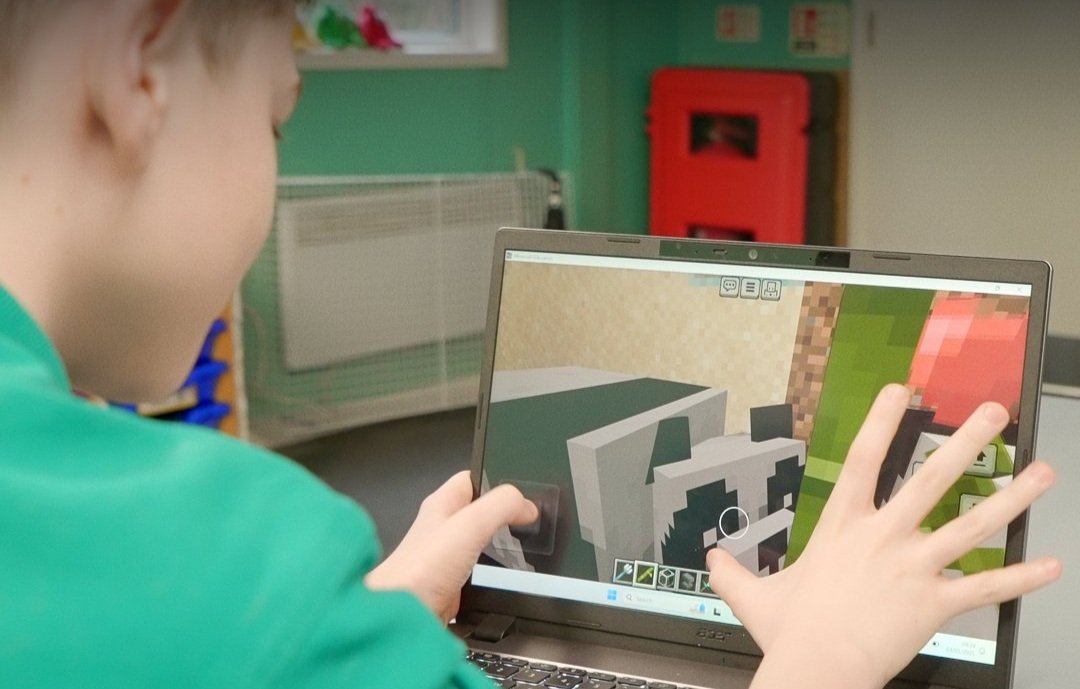Kinetic supports Hazard Community Technical College’s eGaming tournament with high-speed internet

On 15th October, Kinetic sponsored an eGaming tournament at Hazard Community Technical College (HCTC) in Kentucky, bringing 150 students together for Mario Kart competitions powered by the company’s high-speed internet.
Partnering with Kentucky Rolling Video Games, Kinetic highlighted the role of reliable connectivity in education, supporting uninterrupted 20-minute gaming intervals.
The tournament aligns with Kinetic’s commitment to improving broadband access in educational environments, highlighting the importance of connectivity for students.
Dr. Ryan Quarles, President of the Kentucky Community and Technical College System (KCTCS), stated that reliable internet is essential to supporting educational access across the state.
“One of the key missions of KCTCS is access to education for all Kentuckians. Reliable high-speed internet is a critical component of our ability to ensure this access,” Quarles said. “eGaming events like this tournament hosted by Kinetic are a fun and exciting way to get our students involved and reiterate the importance of reliable broadband service in all communities of our state.”
“At Kinetic, we are dedicated to enhancing educational experiences through reliable internet connectivity in our rural communities,” said Susan Schraibman, Kinetic’s Kentucky Operations President. “It’s an incredible opportunity to partner with our local technical institution and customer to contribute in an engaging and fun way with our next generation of technical leaders.”
In Hazard, Kinetic’s fibre-based internet serves around 15,000 residents, covering homes, small businesses, and educational institutions. HCTC has benefited from this service, with the expanded connectivity facilitating academic resources and activities, as well as providing new engagement opportunities for students and staff.
Dr. Jennifer Lindon, HCTC President and CEO, emphasised the role of high-quality internet access in advancing educational offerings in rural settings. “High-quality broadband access in rural areas is essential for empowering our students and improving our educational offerings,” she said. “It enhances learning and offers opportunities like this. Gaming is a valuable way to foster community among our students.”




















